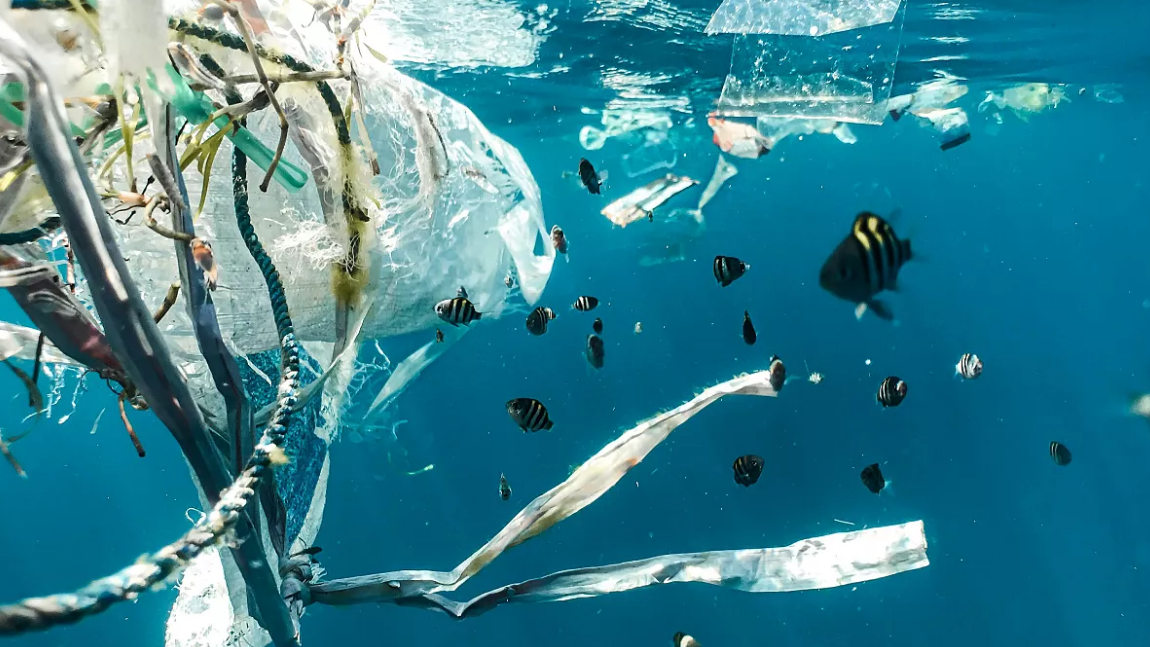
In one of the world’s most massive campaigns to address one of the biggest threats to the environment, the Republic of Korea is gearing up to host international talks on how to eliminate plastic pollution. This treaty aims to find practical approaches to the growing problem of plastic waste thanks to the support of the United Nations and plans to implement it by 2025. It is clear that there is a need for global action towards reducing this menace as we see it assuming worse dimensions as an environmental and health menace. Through gathering nations from all corners of the Earth, treaty seeks to focus cooperation and obligate states to establish the world with sustainable characteristics. This speaks volume of the intent of the Internation also in check ing the wider effects of plastic wastes.
The Alarming Rise of Plastic Pollution
HDPE plays a significant role in the manufacturing process where plastic production and processing has significantly contributed to green house emission. In 2020 it itself contributed 3.6% of the global emissions and annual production is estimated to go up to 700 million tonnes by 2040 as per the experts. This increase due to continual demand for single use plastics coupled with poor recycling infrastructure is a menace to the marine environment, soil, and overall human health worldwide.
Key Objectives of the Treaty
The treaty is designed with a multi-pronged approach to tackle the plastic crisis:
-
Reduction in Plastic Production: Prohibiting the production of single-use plastics to certain maximum amounts.
-
Enhanced Recycling Measures: Promoting international collaboration towards increasing both the volume and the number of facilities that deal with recycling.
-
Global Cooperation and Accountability: Establishing a fair model of distribution and may also refer to a system of checks and balance with emphasis on developed as well as the developing world.
India’s Role and Perspective
India is one of the current key players in the regulation of these discussions and is expected to call for higher standards of regulation across the globe but also reciprocal appropriate responsibilities for the developing states. This participation is important because, on one hand, India is a significant consumer of plastics and on the other it is also an active producer of the product. On this platform, the country intends to get commitment for technology transfer and financial support for improving the recycling and waste management.
Potential Impact and Challenges
This is a format and style of treaty that if established and achieved, can bring forth major impacts of climate change, reduce marine pollution and encourage sustainable development. Nevertheless, it has its limitations including resistance from large plastic manufacturing industries and the problem of how to substitute plastics with other materials without incurring extra costs in the process.
Conclusion: A Step Toward Sustainability
The United Nations Framework Convention on Plastic Pollution was under discussion in South Korea, and the result can be considered one of the most significant landmarks in people’s battle against plastic waste. But if we remain collectively committed, and act fairly, this treaty means a cleaner, healthier, more sustainable world for our children and our grandchildren.
Chat With Us


 High Seas Treaty UNCLOS Milestone Marine Conservation
High Seas Treaty UNCLOS Milestone Marine Conservation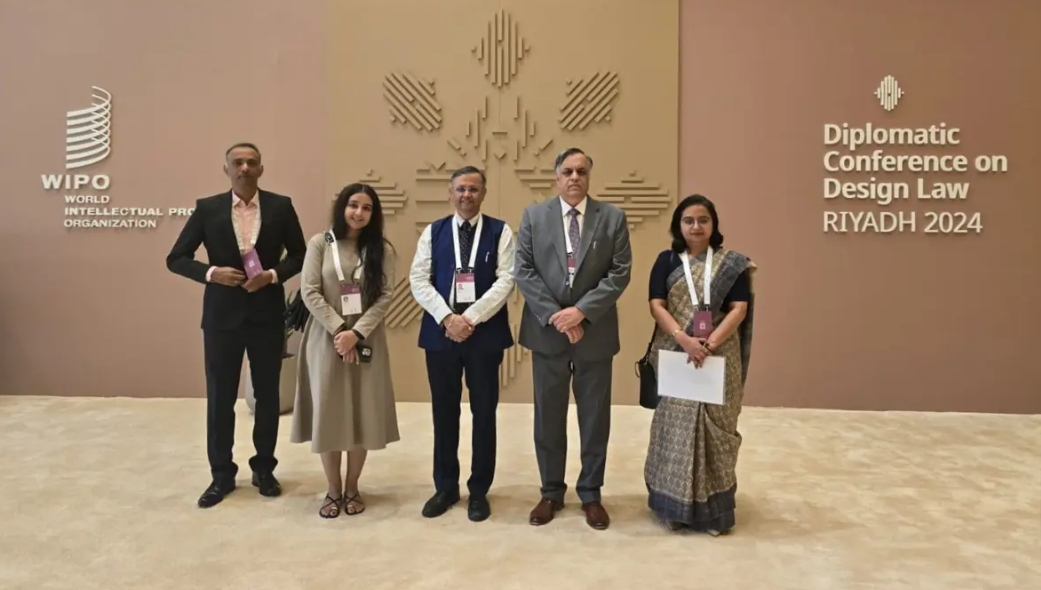 India Signs Riyadh Design Law Treaty IPR
India Signs Riyadh Design Law Treaty IPR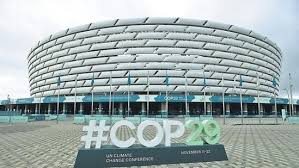 India At COP29 2024 Climate Action Global Sustainability
India At COP29 2024 Climate Action Global Sustainability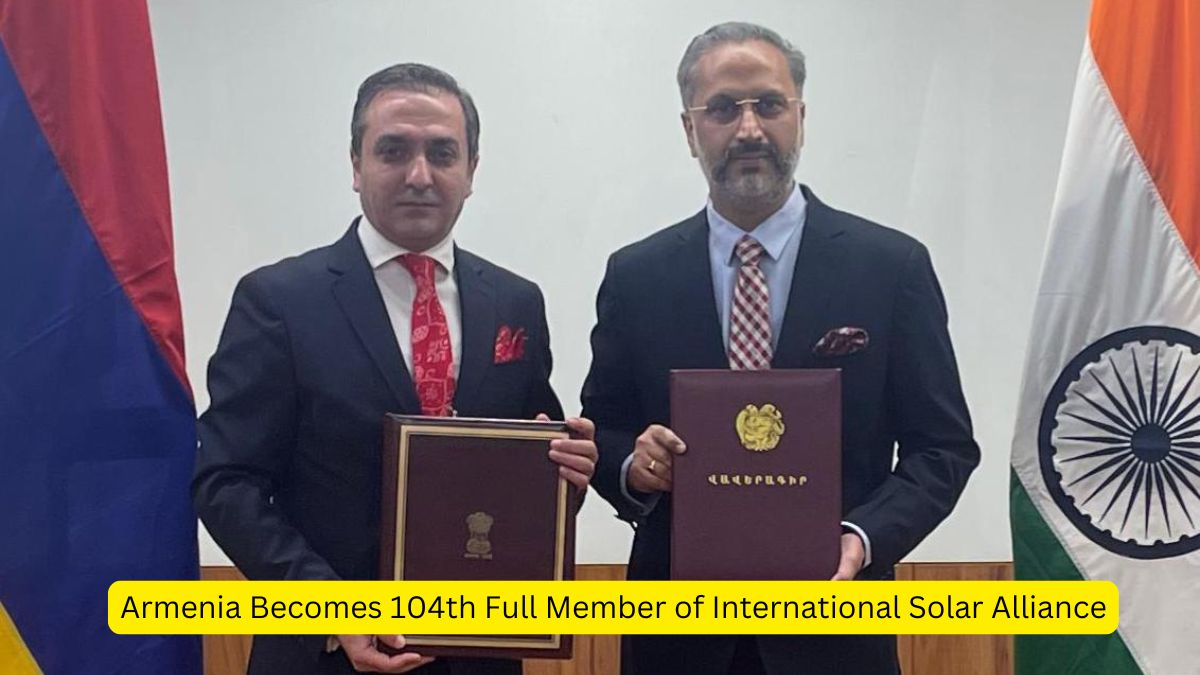 Armenia Joins International Solar Alliance as 104th Member
Armenia Joins International Solar Alliance as 104th Member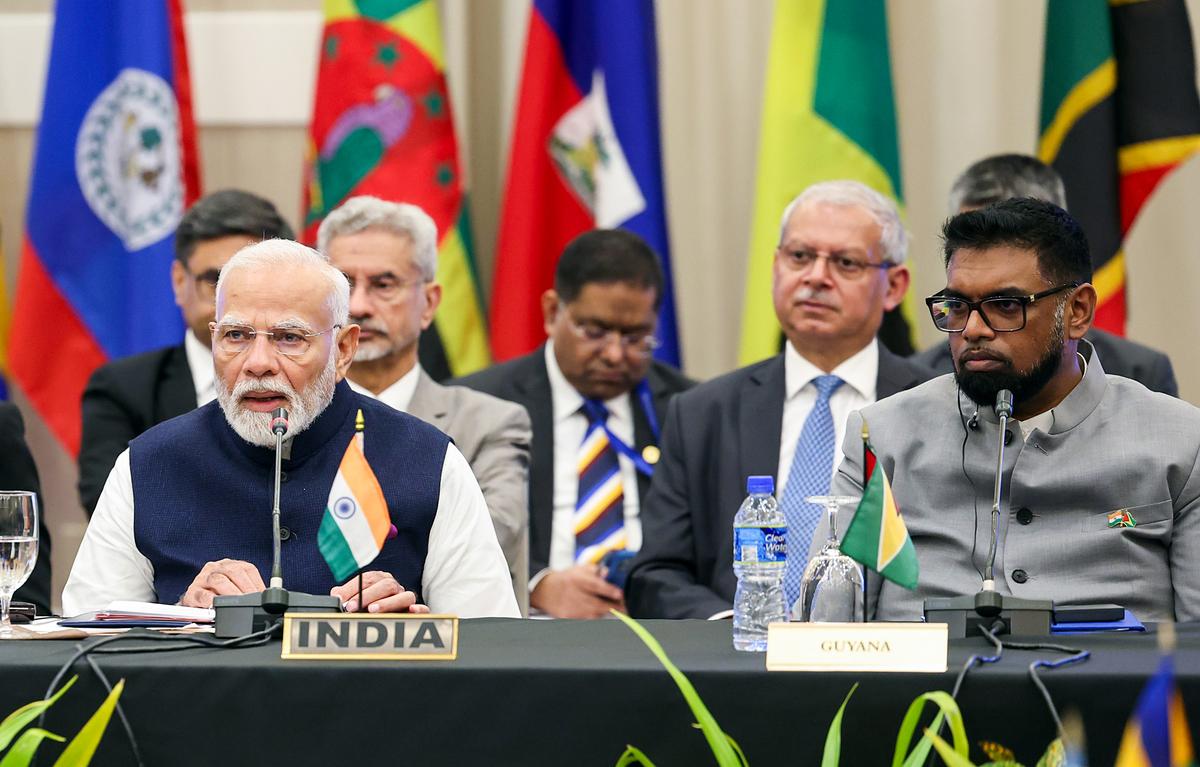 India Caricom Summit Strengthening Ties Global Cooperation
India Caricom Summit Strengthening Ties Global Cooperation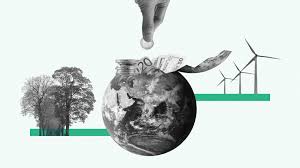 Climate Finance NCQG Global Inequities and Funding Solutions
Climate Finance NCQG Global Inequities and Funding Solutions Adani Group Legal Issues Bribery Fraud Global Impact
Adani Group Legal Issues Bribery Fraud Global Impact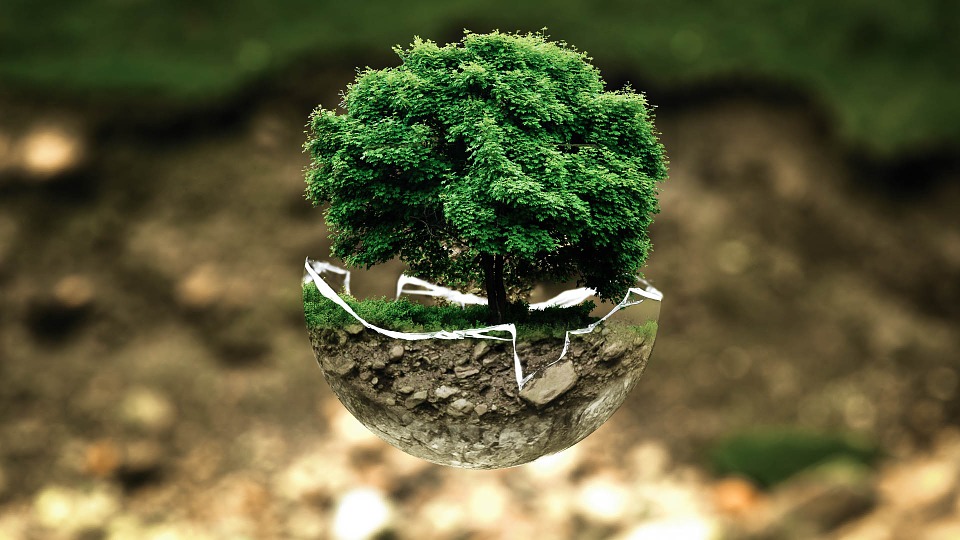 Children facing environmental challenges global crisis
Children facing environmental challenges global crisis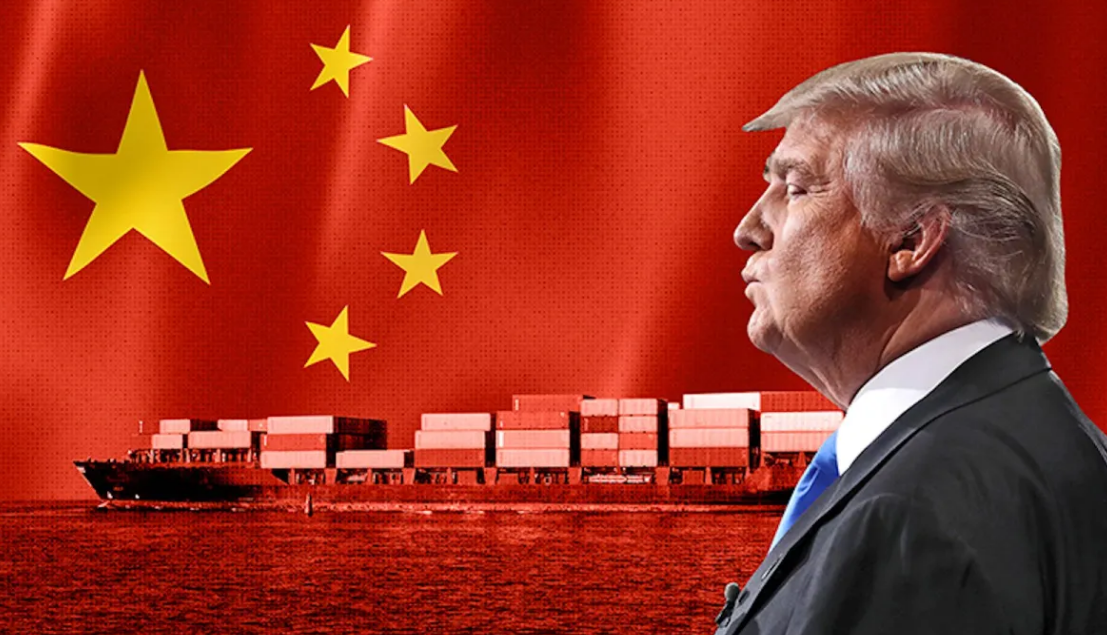 Donald Trump high Traffics on Chinese Imports
Donald Trump high Traffics on Chinese Imports






